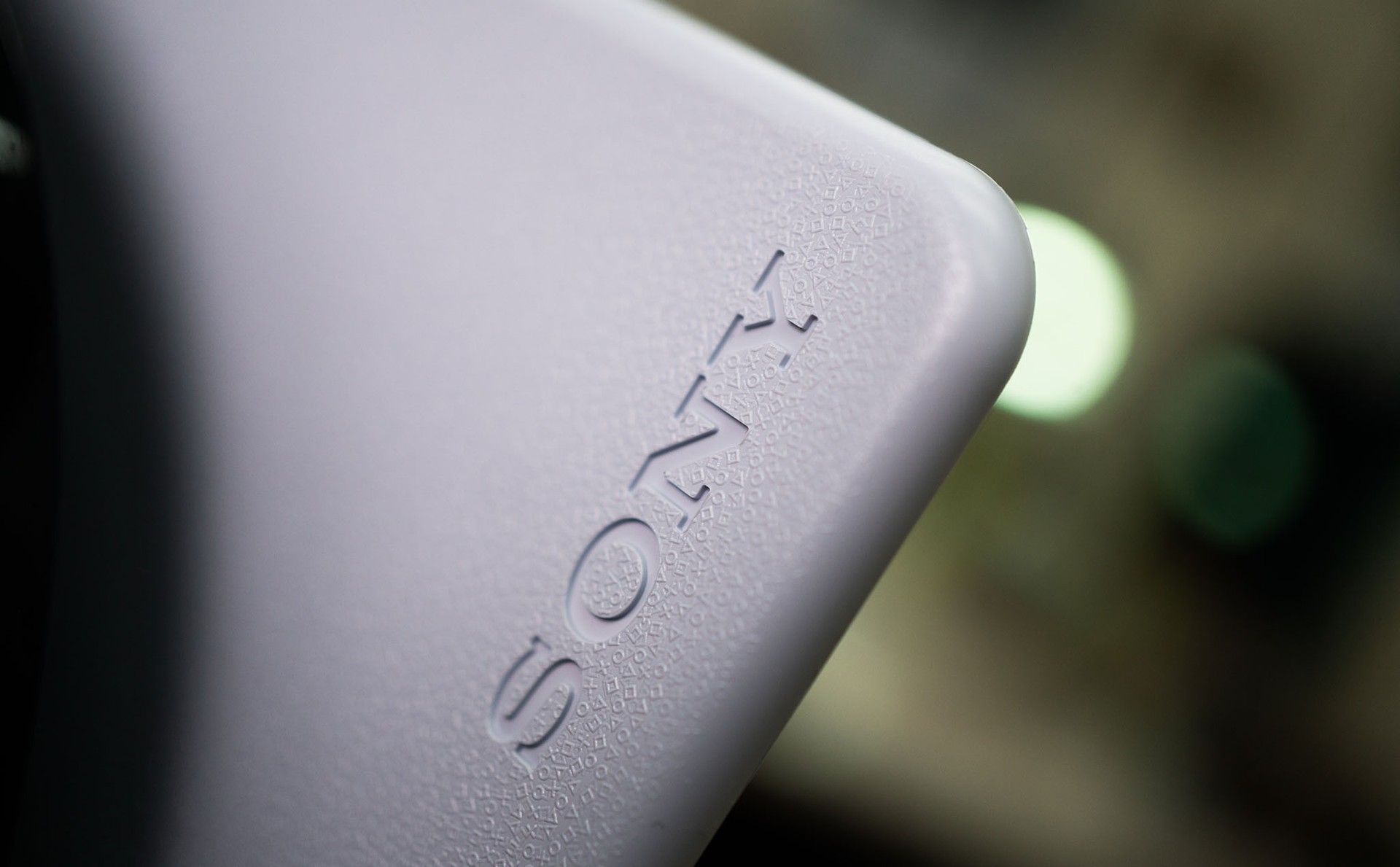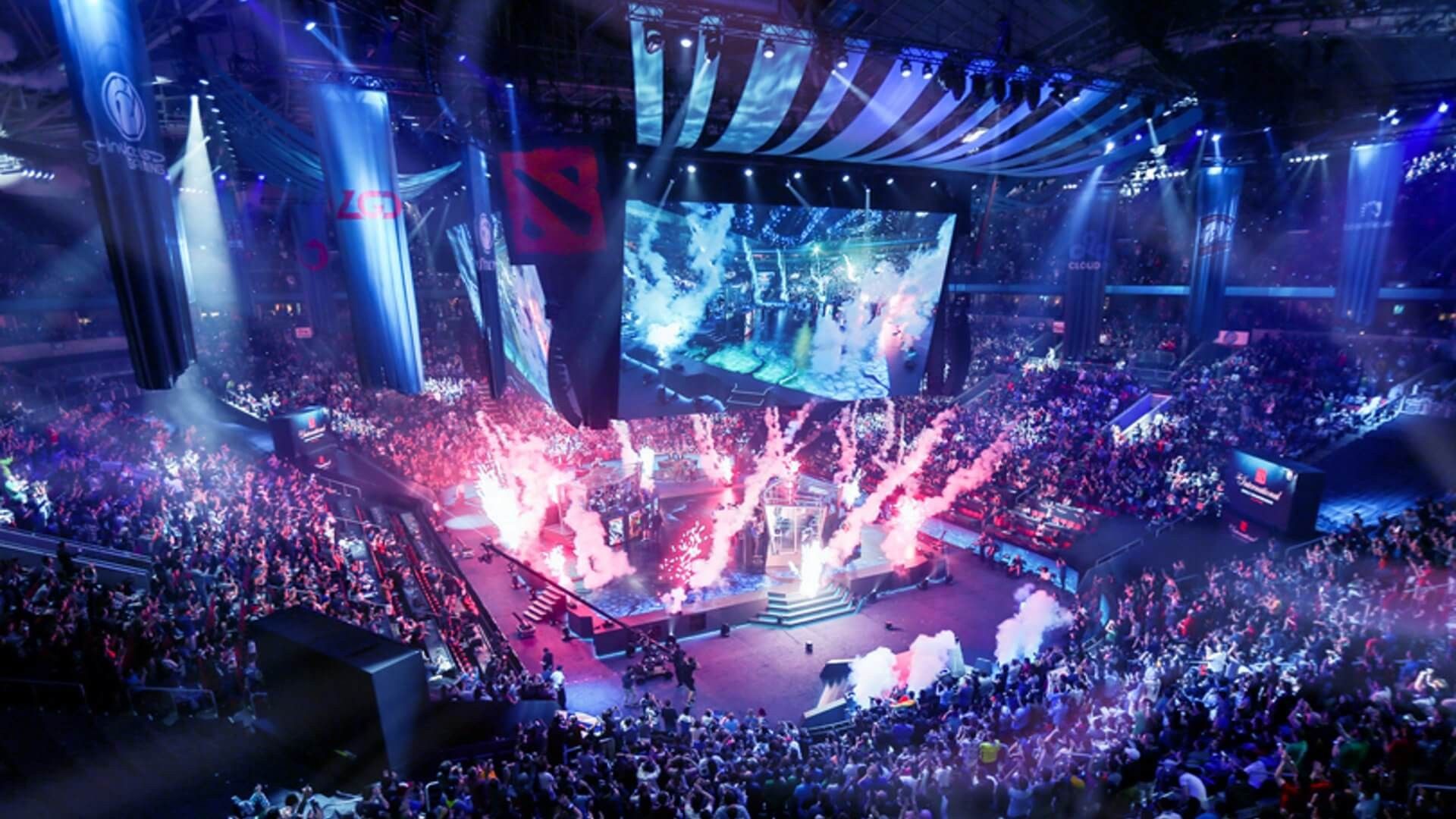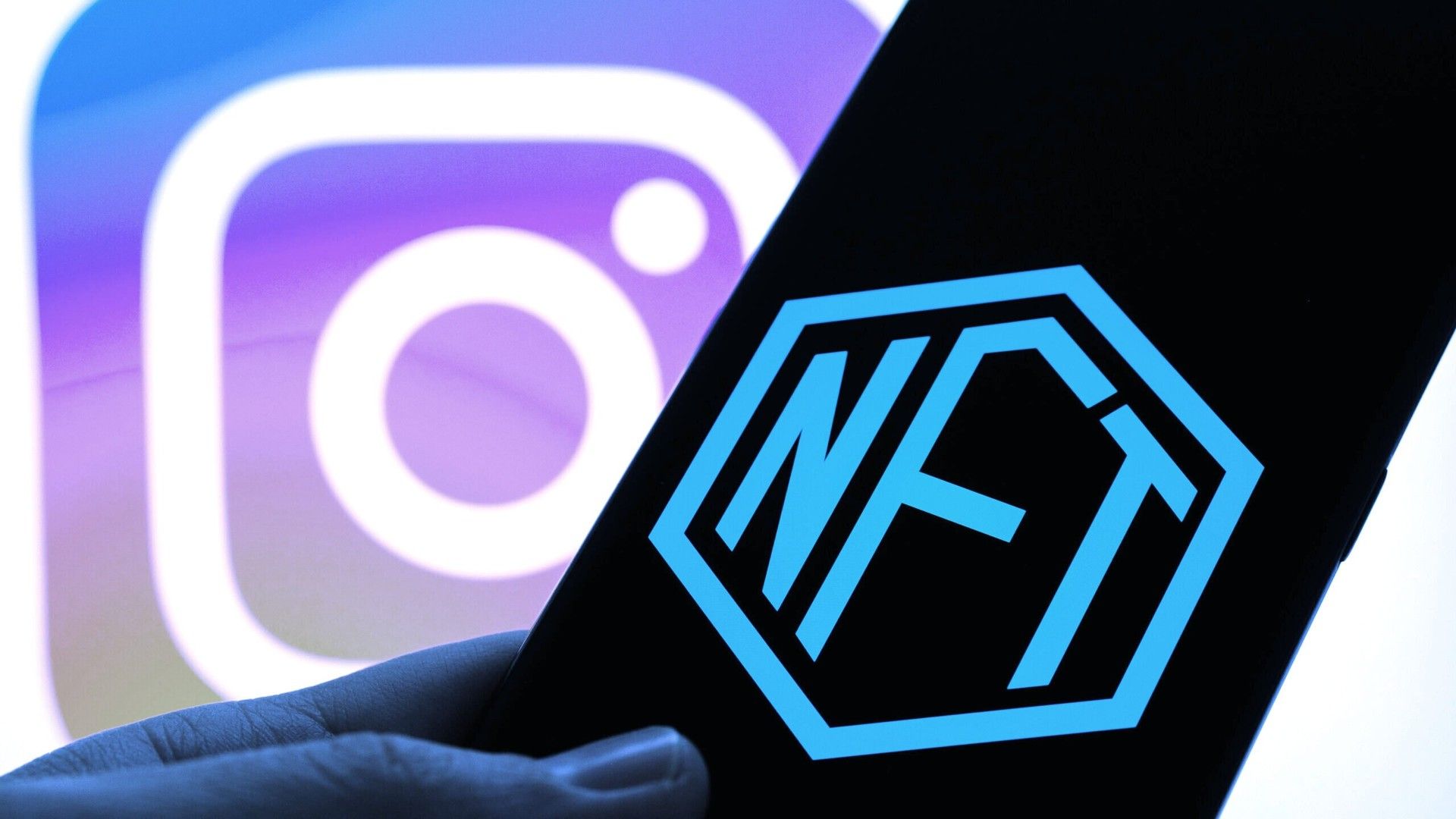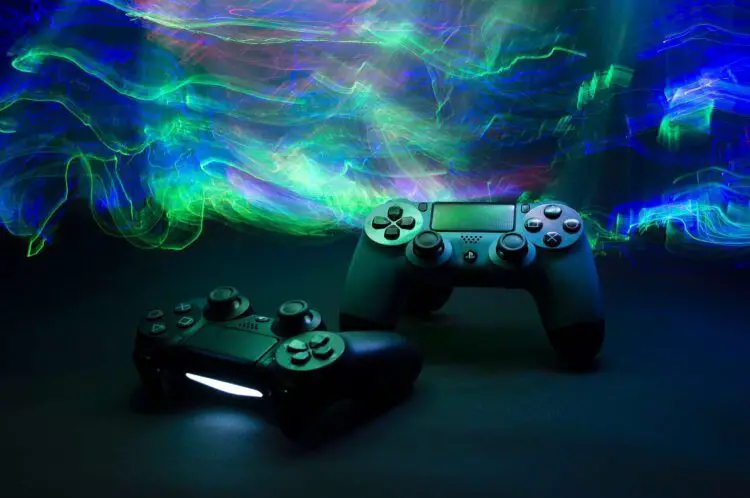Sony Interactive Entertainment has recently filed for a Sony NFT patent that could revolutionize the gaming industry by allowing non-fungible tokens (NFTs) to be transferred between different games and consoles.
This move aims to make assets more interoperable, not only between different games but also hardware like VR headsets, computers, and different consoles. This means that players of Sony products, such as the flagship PlayStation, would be able to have an interoperable Web3 gameplay experience.

With the Sony NFT patent application, gamers would be able to transfer in-game assets between devices such as VR headsets, tablets, computers, and smartphones. The patent also includes the ability for the NFTs to be used cross-generationally, from PS4 to PS5, for example.
Sony is hoping that this new framework will be interoperable between products outside of the Sony ecosystem, such as the Xbox or cloud-based video games, making assets fully transferable and usable between different gaming ecosystems.
You may check the patent’s page using the link here.
Sony NFT patent will change the way we look into competitive gaming scenes
The patent application also goes into detail around how NFTs would work for achievements and tournaments. In some examples, the task may include a victory in an esports tournament, and the digital asset may be usable via the NFT by the first end-user entity across plural different computer simulations.
The Sony NFT patent outlines a function to prevent gamers from repeating tasks to earn the same NFTs with different products or games, noting the ability to prevent the performance of the task again in other instances of the computer simulation that are executed, and/or declining to provide additional NFTs for subsequent additional performances of the task.
This move by the gaming giant aims to make assets more interoperable and transferable, not only between different games but also between hardware like VR headsets, computers, and different consoles. This means that players would be able to transfer in-game assets between devices and generations, making gaming a more seamless experience. With this new framework, Sony is hoping to be at the forefront of the gaming industry’s Web3 future.

Sony has been making moves to grow its presence in the Web3 space, forging partnerships and testing early blockchain-based products. In November, the company released motion-tracking wearables, allowing gamers to control their avatars with their bodies in real-time.
In February, Sony Network Communications, the company’s internet provider division, teamed up with blockchain network Astar to create an incubation program for companies focused on building NFTs and decentralized autonomous organizations (DAO) with real-world utility.
Many applications have been experimenting with NFTs for a long time
Non-fungible tokens, or NFTs, have become an increasingly popular trend in the world of technology and entertainment. In recent months, many companies have started to explore the use of NFTs in their applications and sites, seeking to leverage the potential benefits of this emerging technology.
Everyone knows Meta’s NFT project Metaverse. Meta, which plans to see our stuff in the virtual world as NFTs, has been one of the pioneers of integrating NFTs into applications. Following this craze, many social media apps, such as Instagram, have launched projects to use NFTs.
The projects, which emerged with the idea that the use of NFTs on social media platforms would strengthen the bond between content creators and their followers, were met with great interest in the technology world. Although it is not a platform that has managed to be incredibly successful in these projects, let’s see if the Sony NFT patent will be able to change that.

The future of gaming with NFTs
As NFTs gain more traction in the gaming world, Sony’s new patent could be a game-changer. By allowing players to transfer assets between devices and generations, the gaming experience will become more seamless and open.
Sony NFT patent also opens up the possibility for interoperability between different gaming ecosystems, which could change the gaming industry’s landscape entirely.
As the world becomes more decentralized and Web3 takes over, the gaming industry is sure to follow suit. Sony’s move to patent NFTs for interoperability and transferability could be the start of a new era for gaming, one where players can truly own and control their digital assets.





